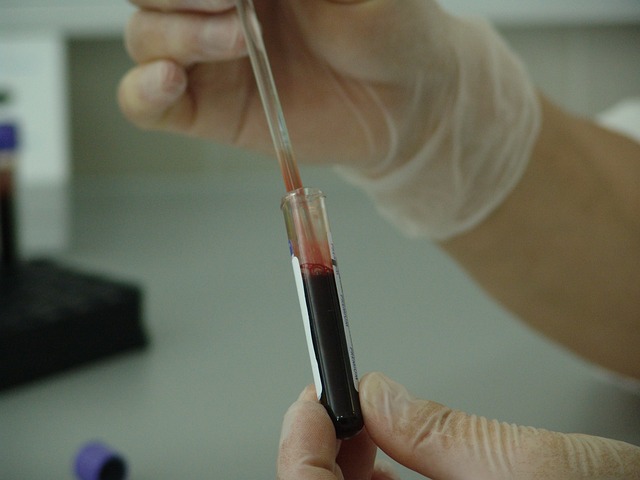

Disorder that affects the day-to-day of about 15% of Brazilians – according to the Ministry of Health -, depression can act as a kind of 'trigger' for the development of changes in the body's cells. This is the finding pointed out by a study published in the journal Cognitioniss.
Entitled 'Neuroanatomy in patients with persistent depressive disorder and changes in immune cells', the research was based on case reports of 20 people diagnosed with Persistent Depressive Disorder (PDD) who were undergoing psychological care. This means that, between the years 2021 and 2022, the histories of patients with more than two years of diagnosis of depression were analyzed.
According to Professor Dr. Fabiano de Abreu Agrela Rodrigues, who led the studies, patients with PDD are at greater risk of developing more serious flu, covid-19 and other diseases that affect the immune system. "Any disease, when you have low immunity due to depressive disorders, presents greater damage to the person", says the professor, about part of the conclusion of his study.
Red and white blood cells
In the human body, the mechanism that interferes with the immunity of the patient with TDP occurs in order to reach the red and white blood cells, responsible for the protection of the organism, of the individual.
In addition, according to the survey, people with more than two years of depression have increased cell deformability in monocytes and neutrophils (cells with the function of defending the body against foreign bodies, such as viruses and bacteria).
Prevention and treatment
According to Fabiano de Abreu, the creation and maintenance of reading routines, sleep quality and physical exercise is a way to stay away from depression, whether the disease is diagnosed or not.
"These are activities that work the front part of the brain. And as for reading, I mean the act of concentrating and reading continuously. This is because, reading just the title of newspaper articles, for example, does not work this region of the brain", explains the neuroscientist. "The more knowledge you have, the deeper it is, the better the outcome for patients with depression and the better the prevention of the disease to the general population", he adds.
When to seek help
Although the creation of routines involving reading, exercise and good quality sleep are essential for people, Fabiano points out that there are situations in which there is a need for therapeutic and psychiatric follow-up.
"First we have to have self-knowledge to solve our problems, but depending on how the patient's brain is, it is necessary, yes, a therapeutic process and, in some cases, psychiatric follow-up", he emphasizes.
In addition to medical and psychological care, patients with PDD can seek emotional support from the Centro de Valorização da Vida (CVV). Through this group, it is possible to be assisted free of charge by calling the number 188.
About the Author
Dr. Fabiano de Abreu Agrela Rodrigues, is a Postdoctoral and PhD in neurosciences elected member of Sigma Xi, The Scientific Research Honor Society and Member of the Society for Neuroscience (USA) and of the APA - American Philosophical Association, Master in Psychology, Bachelor in Biology It is history; also Technologist in Anthropology with several national and international training in Neurosciences and Neuropsychology. He is director of the Heráclito Research and Analysis Center (CPAH), Scientist at the Martin Dockweiler University Hospital, Head of the Department of Science and Technology at Logos University International, active member of Redilat, associate member of APBE - Associação Portuguesa de Biologia Evolutiva. Member of Mensa, Intertel and TNS. CV BR: http://lattes.cnpq.br/1428461891222558 CV EN: https://www.cienciavitae.pt/portal/en/8316-38CC-0664 CV INT: https://orcid. org/0000-0002-5487-5852
Contact us